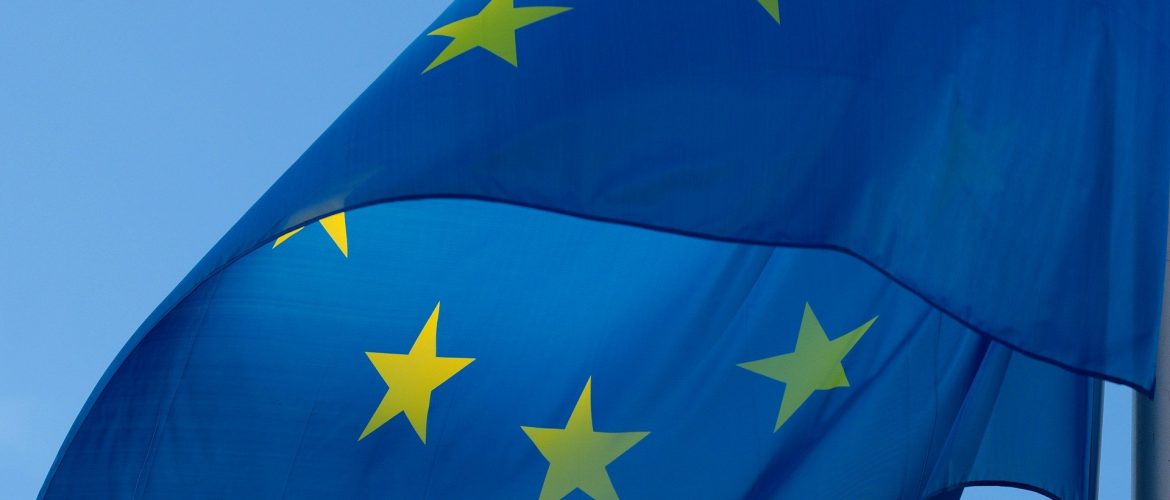The Green Tank participated in the European Commission’s public consultation on the EU Emissions Trading System (ETS).
The consultation marks the beginning of a very important procedure concerning the European climate policy. The European Green Deal and the proposal for the European climate law have set the target of climate neutrality by 2050. To ensure the EU will achieve its climate neutrality target by 2050, the Commission proposed raising the 2030 target for greenhouse gas emission reductions to at least 55% of 1990 levels.
The Commission will review all relevant EU policies against this target and will propose any necessary legislative revisions or amendments. The EU ETS is a key tool for reducing greenhouse gas emissions and achieving the EU’s climate targets. Consequently, the ETS will be revised and the Commission considers the extension of the ETS to new sectors of the economy, such as the maritime sector, for which measures are required to ensure its fair contribution to the climate neutrality goal by 2050. Moreover, ETS could be expanded to road transport and buildings, and potentially all fossil fuel use. Furthermore, the Commission will review the ETS “market stability reserve” for handling unused emissions allowances, 3 years after its operation.
The Green Tank stressed that in order to have a realistic chance to mitigate climate change, a 65% reduction in the GHG emissions by 2030 in all sectors, compared to 1990 levels, is needed according to scientific evidence (e.g. UNEP Gap report). Recent research (UBA, 2020) indicates that such a science-compatible overall climate target corresponds to approximately 70% emissions reduction only in the ETS sectors by 2030 compared to the 2005 levels. The Green Tank proposed to abolish free allocation of allowances altogether especially since carbon leakage effects will be addressed through the Carbon Border Adjustment Mechanism. Auctioning revenues should support climate action, investment in renewable energy and energy efficiency technologies, the sustainable transformation of entire sectors (energy intensive industries, the maritime sector, aviation etc) through the implementation of innovative clean technologies, just transition especially for coal mining regions and international climate finance. The upcoming revision of the EU ETS should aim to end free allocation in the EU for energy-intensive industries and the aviation sector. The road transport and building sectors should be kept within the scope of a revised and more ambitious Effort Sharing Regulation and should not be included in the EU ETS. The EU ETS should also cover emissions from municipal waste (MSW) incinerators which, although being highly emitting plants and their emissions have doubled in 2018, reaching over 52Mton fossil CO2, are not currently included in the EU ETS. Moreover, biomass is treated as a carbon-neutral energy carrier, but that is clearly not the case. The sustainability criteria for biomass in the EU RED should be significantly strengthened, and the European Commission should revise the ETS Directive to ensure the use of biomass is sustainable and subject to robust and transparent carbon accounting.
The Green Tank’s contributions to the consultations are available here.



















































































































































































































































































































